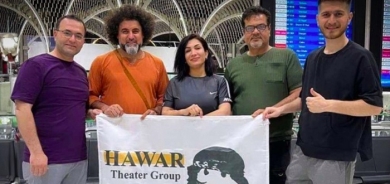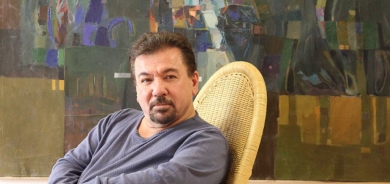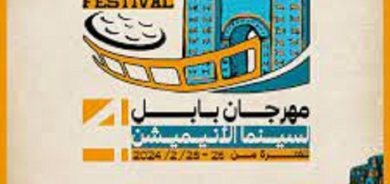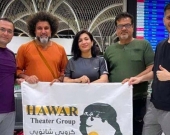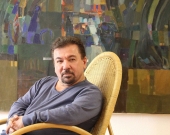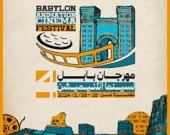Could Hollywood’s next big blockbuster be filmed in Kurdistan?

Establishing a film commission in the Region will allow this potential to be realized, allowing for the implementation of co-production treaties between the Kurdistan Regional Government (KRG) and other countries, without which Hollywood and European studios cannot bring their productions.
There will inevitably be a number of films about Iraq and Syria in connection with the Islamic State (ISIS), the coalition partners (including Kurdistan) who fought them, and various other regional actors in play.
The set-up is ripe for a “The Good, The Bad, and The Ugly” trope – the basis for many a classic Hollywood blockbuster. And filming in Kurdistan could be lucrative, with budgets for such films ranging from $25 million to $200 million dollars.
In terms of logistics for this genre of film, Kurdistan has such a wealth of real-life resources to offer – the participation of the Peshmerga and internally displaced persons (IDPs), the backdrop of real IDP camps and towns and cities destroyed by ISIS, direct flights from all over the world, Western-standard amenities, and most importantly, Kurdish cross-sector alliances with the USA and other Western countries that ensure a warm reception here.
However, filming in Kurdistan can and ought to extend beyond Hollywood mega-productions centering on ISIS and other war-oriented plots.
While Kurdish filmmakers have long captured the tragedies and suffering that have befallen their people, the time is ripe for them to turn their cameras to focus on the richness of the culture and folklore that has been handed down for generations, including historical epics and romantic folktales of past and present.
Kurdistan is home to one of the world’s oldest civilizations and an incubator of a great many archaeological sites, with some remains dating back to the Neanderthals of more than 40,000 years ago.
Kurdistan’s natural beauty knows no bounds, especially in the spring – snow-capped mountains, lush valleys, stunning waterfalls formed by melting snow flowing into an abundance of rivers and tributaries, rolling hills, and plains emblazoned with blossom in every color imaginable.
Added to this is the uniquely golden light of a Kurdistan sun, revered by its people since ancient times and depicted in everything from their national flag to the shape of Yezidi temples.
Russian film director Sergie Bodrov (Mongol, 2007) hailed Kurdish daylight as “a cinematographer’s treasured find” during his visit to Iraqi Kurdistan with a Hollywood delegation.
While I was filming Jiyan in 2001, facilities and film gear, especially lighting equipment, were scarce in the Region. Relying solely on sunlight, the film was imbued with a natural golden tint that fills the frame with warmth.
This natural beauty makes Kurdistan a fertile film set. Wherever the camera is directed, the captured image is as fresh and as captivating as a morning breeze.
In my earlier pieces, I predicted that video game developers would soon capitalize on Kurdish heroines. Lo and behold, the latest installment of the blockbuster game “Call of Duty: Modern Warfare”, developed by Infinity Ward, has done just that.
Although Campaign Director Jacob Minkoff acknowledged in a Washington Post interview the inspiration taken from Kurdish women YPJ fighters who fought ISIS in Syria and Iraq, the game makes no reference to Kurds. It is instead set in Urzikistan, an apparent amalgamation of various Muslim-majority countries. As Rudaw commentator David Romano has pointed out, the “Kurdish” character has the Arabic-sounding name of Farah Karim.
This kind of misrepresentation would be far less probable if a Kurd had been on Infinity Wards’ advisory board. Lessons from this can be learned in the continued nurturing of a Kurdish film industry, and an accurate representation can be ensured by a Kurdish film commission office.
Kurdish experts in the fields of history, culture, and politics ought to be hired as advisors on set, ensuring that Kurds and their role in the war against terrorists are presented correctly and not understated.
A film commission office in Kurdistan would allow for a realistic setting for anything from present-day tales of war, destruction and bravery, to historical epics, in the form of lucrative Hollywood blockbusters or films made by empowered homegrown talent to be shown worldwide. Most importantly, it will allow for the accurate representation of Kurdistan in all its varied beauty.
By Jano Rosebiani
Rudaw




